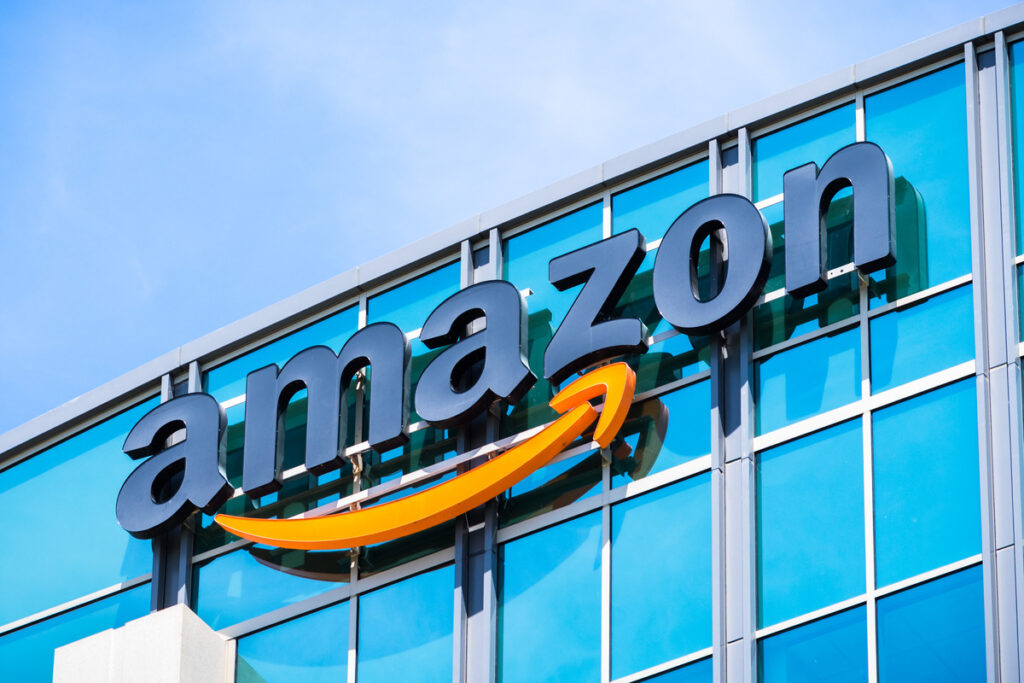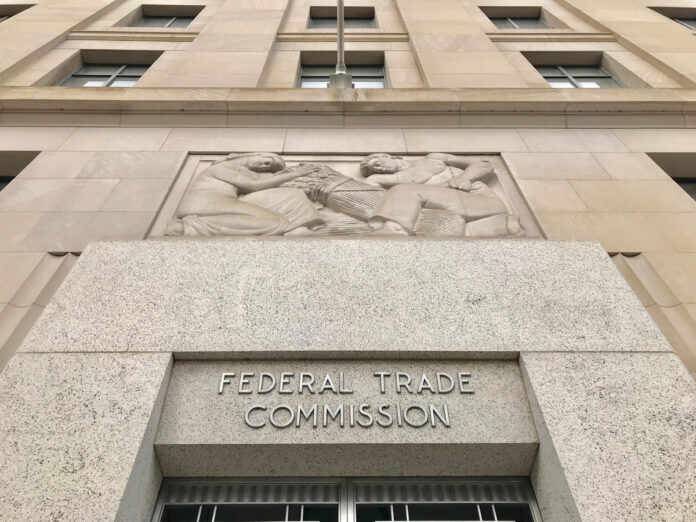The US government and 17 states have launched a lawsuit against Amazon in what is a landmark market monopoly case, alleging that the company both stifles third-party sellers and raises costs for consumers for no good reason.
The filing reflects years of allegations that the site has harmed its competitors and done more harm than good with its giant’s status.
This marks the FTC’s most pointed attack against Amazon in a 172-page complaint which accuses Amazon of unfairly promoting its own services at the expense of third-party and small businesses who rely on the company’s website for their own product distribution.
Alina Selyukh from NPR stated, “It’s a very big deal. It could be up there with historic monopoly cases. Think Microsoft back in the ’90s. The FTC has been working on this case for years. It started under President Trump and it’s now led by Chair Lina Khan, who became famous as a legal scholar arguing that Amazon and other tech giants are acting like modern-day railroad tycoons and should be restrained appropriately.”
According to the FTC and the years long lead up to this case, Amazon has actively harmed its competition by requiring third-party sellers, which actually make up the bulk of products available to purchase via the site, that utilize its platform to purchase Amazon’s proprietary “in-house” logistics services to secure seller benefits. The suit also claims that Amazon forces sellers to list their inventory on the site at the lowest prices anywhere on the internet instead of allowing businesses to determine the price points of their own goods.

Amazon is currently facing another separate lawsuit in California for the same practice.
Amazon has stated that the FTC is “radically veering from its mission to protect consumers,” making the argument that if the government goes through with this and wins, that the result will be higher prices, slower deliveries, and less product options for both shoppers and businesses.


